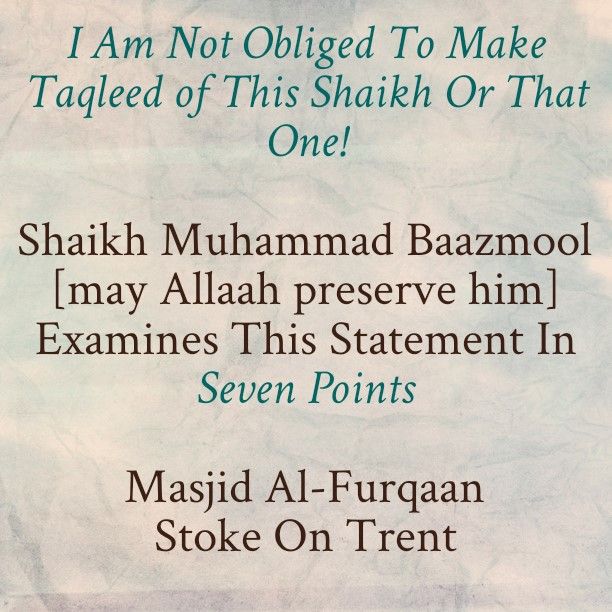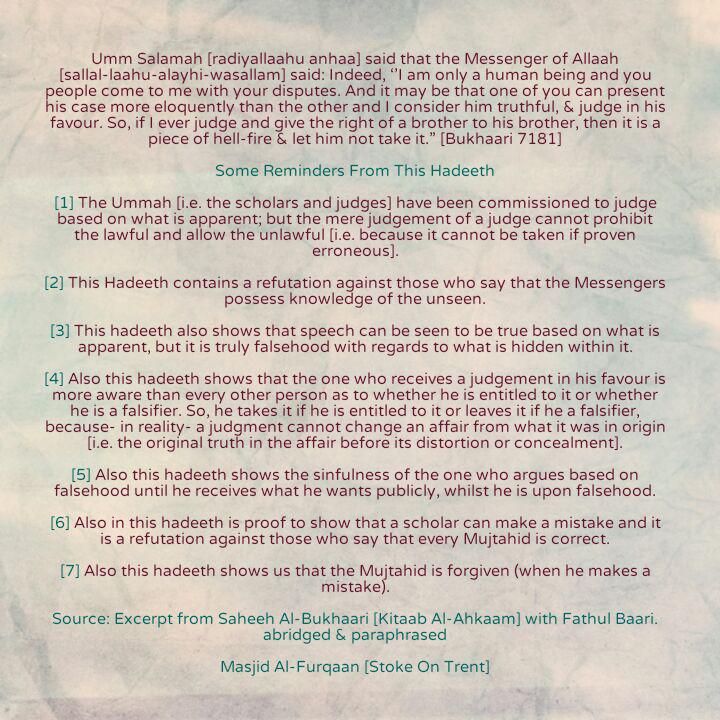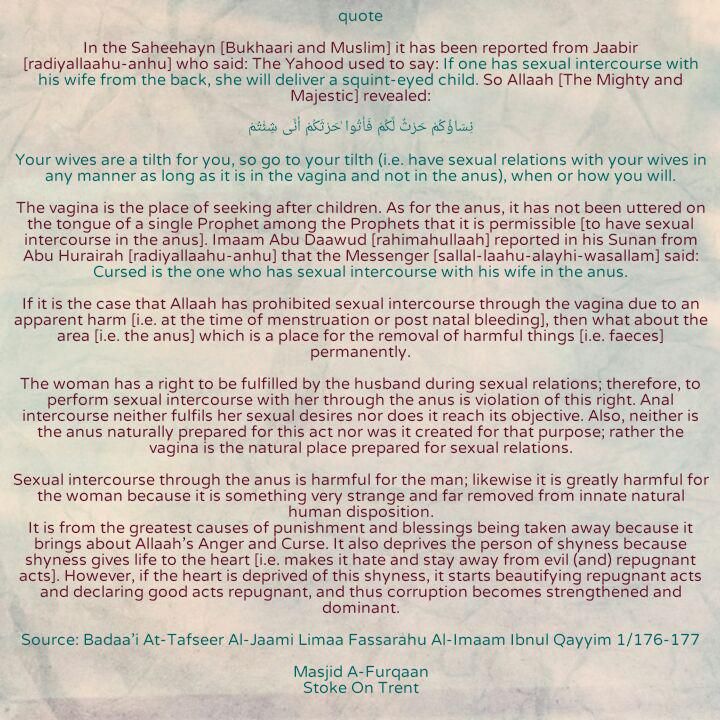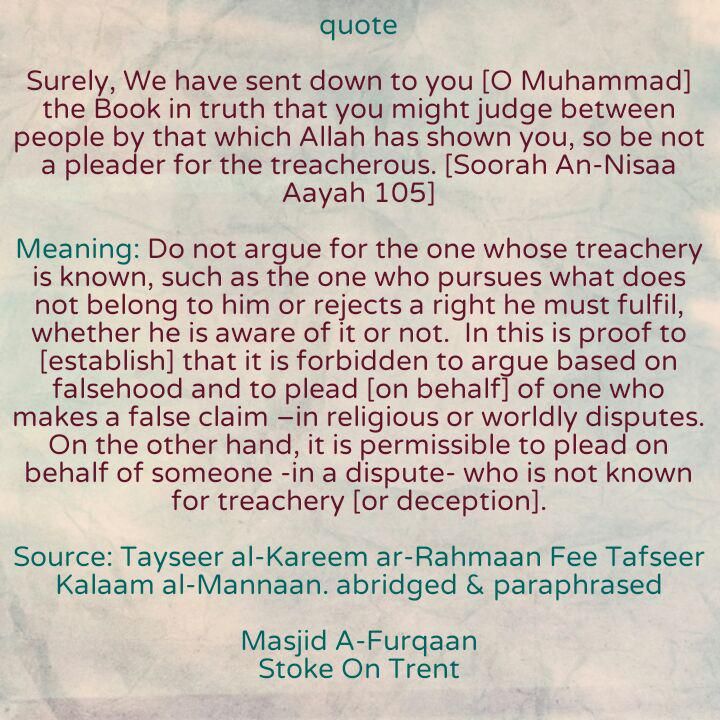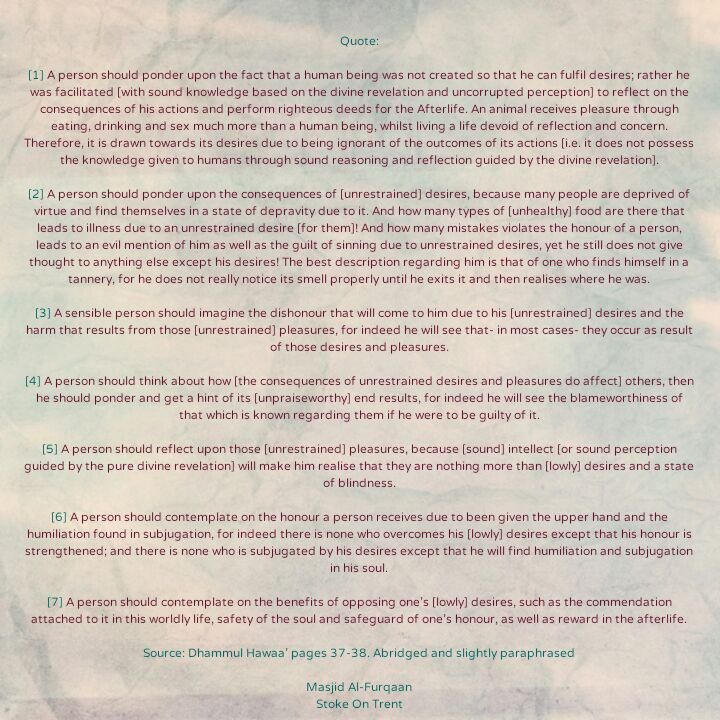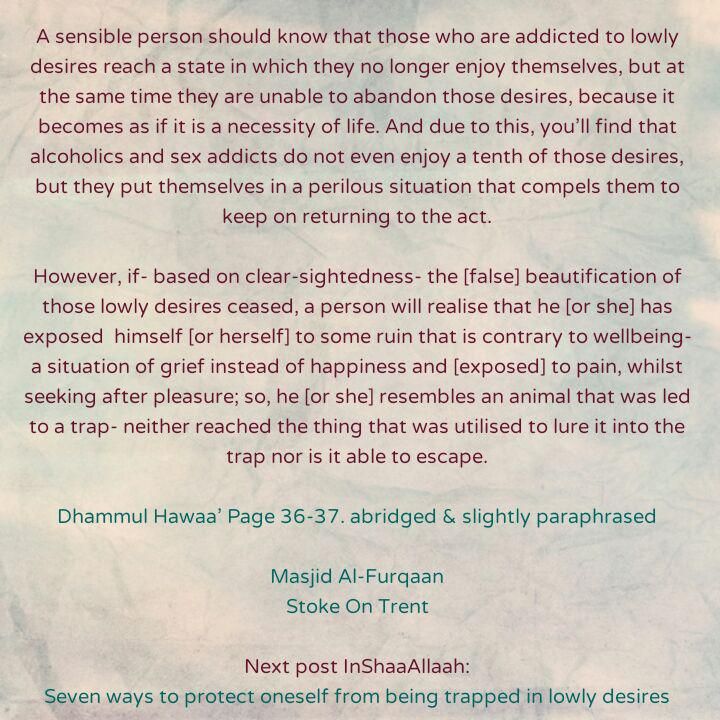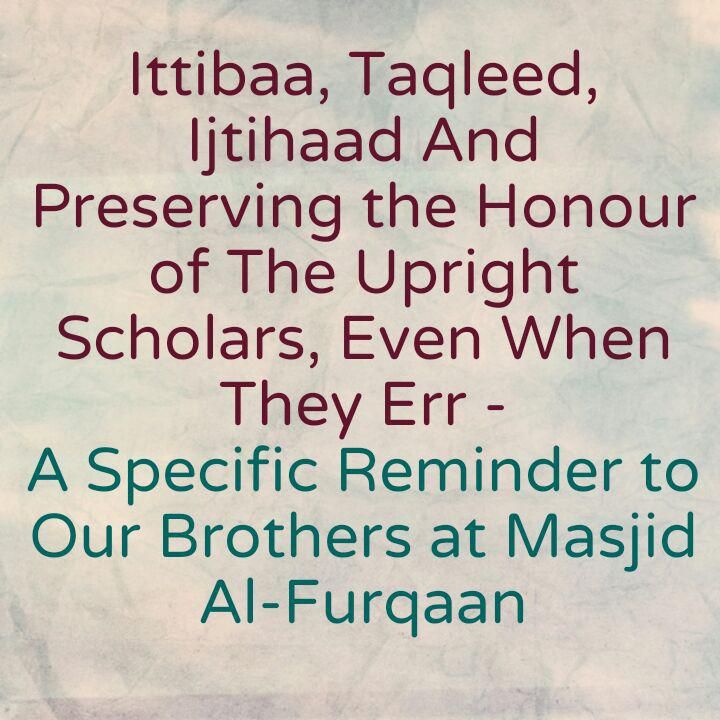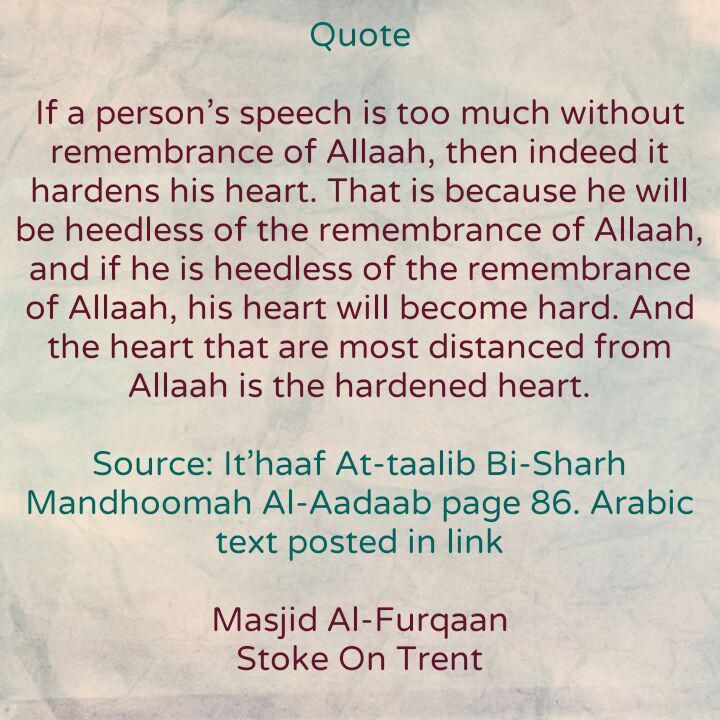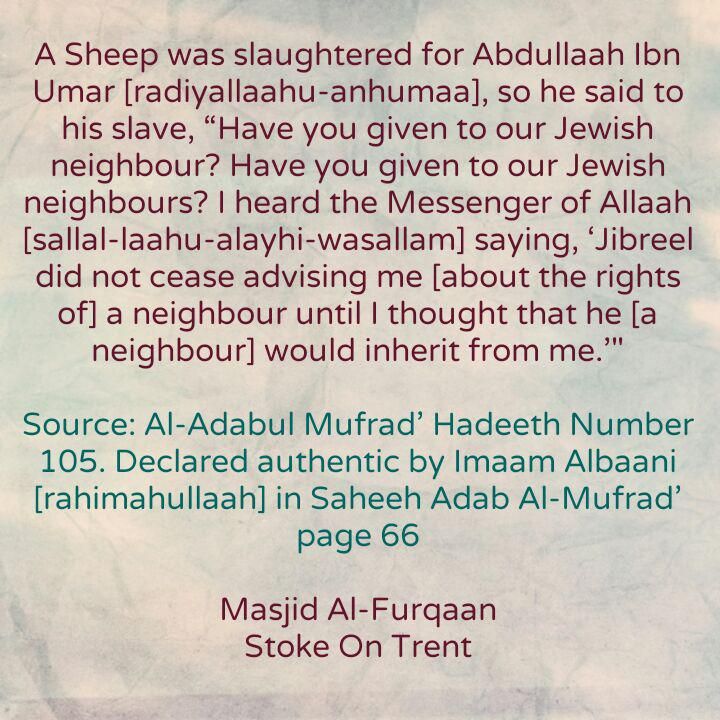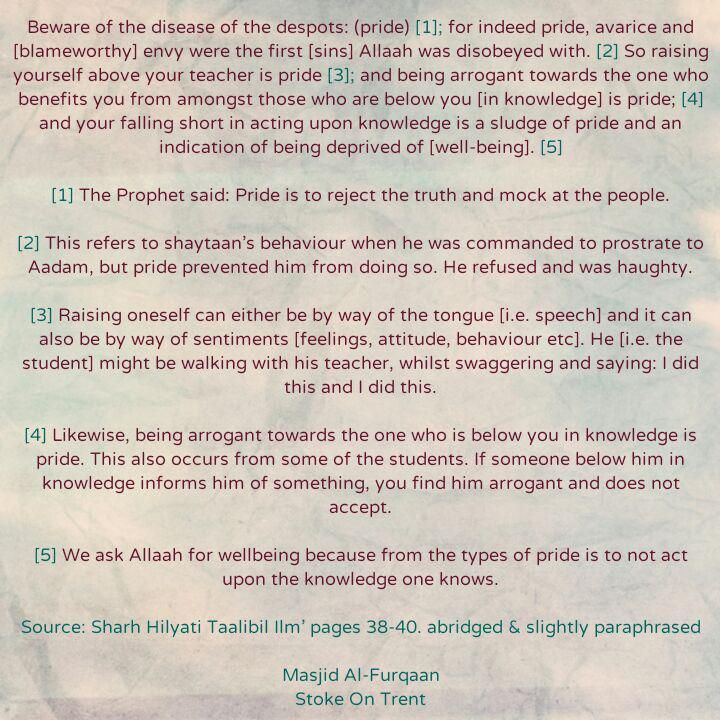Unveiling The Fraudulent Claims of The Rabble Rouser And Stooge at [Markaz At-Tawheed And Markaz As-Sunnah (The Allies of Greenlane In Stoke On Trent)]
In The Name of Allaah, The Most Merciful, The Bestower of Mercy
Indeed, the hizbiyyoon at Markaz At-Tawheed and Markaz As-Sunnah – allies of the hizbiyyoon at Greenlane- have not ceased hiding behind the issue of Taqleed in order to divert attention from their crimes against the Salafi Manhaj. By the Tawfeeq of Allaah, neither have they been able to silence the Salafiyyoon at Masjid Al-Furqaan nor able to hide their corrupt Manhaj stances, which we’ll address in the next post InShaaAllaah.
However, the figureheads at these two Hizbi Masaajid -allies of Greenlane- give their silent approval to a rabble rouser and stooge amongst them, who is ignorant and foolish enough to take the lead and attack the Salafiyyoon at Masjid Al-Furqaan. This fool always utters nonsense and keeps on shooting himself in the foot.
A statement he constantly makes- whilst trying to hide the Manhaj deviations of his employers and reject the evidences against them- is that ‘They do not make Taqleed of Such and Such…and that the Salafiyyoon of Masjid Al-Furqaan are guilty of blameworthy Taqleed etc” So, here we present – briefly- from Shaikh Muhammad Baazmool [may Allaah preserve him] regarding this statement of truth by way of which the foolish rabble rouser and his employers-allies of Greenlane- seek to confound haqq with baatil.
Paraphrase:
Shaikh Muhammad Baazmool [may Allaah preserbe him] said:
The Statement of some of them [i.e. the people]: I am not obliged to make Taqleed of this Shaikh or that [one]:
This statement is made by some people with the claim that it is the Methodology of the Salaf [pious predecessors]. However, the reality is that this statement is to be to examined from several perspectives:
1: The right place to utilise this statement is where proof is manifest [or clearly established] in a particular issue related to the religion, which must be followed; so, in such a case, no consideration is given to anyone – regardless who that is – if his statement opposes the [sound or established] hadeeth of the Messenger [sallal laahu alayhi wasallam], since the statement of everyone else can either be accepted or abandoned, except that of the Messenger [sallal laahu alayhi wasallam].
2: A student of knowledge makes this statement in relation to issues of Ijtihaad in order to reject the statements of the scholars – those scholars who are his seniors, older than him, more knowledgeable and more fearful of Allaah than him -, then this is contrary to the way of the Salafus Saaleh, because with regards to the likes of these issues [i.e. issues of Ijtihaad], individuals among them use to abandon their own statement [or view] and take the statement [or view] of one who was more knowledgeable than them, and they never use to say: I am not obliged to accept [the statement of the] Shaikh.
3: A Muslim- first and foremost- should consider himself to be perhaps the one at fault [or mistaken], especially if he finds himself in a situation where he is in opposition to something affirmed by someone who is more knowledgeable than him, for indeed it is obligated on him not to be overwhelmed by his views; then how about when the very basis of the issue at hand is related to information he must accept and there is no justification for him to oppose it. And even in issues related to Ijtihaad, it was from the way of the Sahaabah that individuals among them use to abandon their statement [or view] and accept the statement [or view] of one who was more knowledgeable.
4: To have a high regard for the scholars is a Sunnah [i.e. an affair established in the Sunnah of the Prophet] and this statement [i.e. I am not obliged to make Taqleed of this or that Shaikh] is contrary to having respect for the scholars. Yes [or certainly], if proof is manifested [or clearly established] in a subject matter related to the religion which becomes an obligation on [a person to follow], then indeed no consideration is given to the statement of anyone – regardless who that is – when proof is present, since the statement of everyone can either be accepted or rejected, except that of the Messenger [sallal laahu alayhi wasallam].
However, some people make this statement in a situation where evidence is not manifested [or established] against the statement of a scholar; therefore, is it not the right thing -in this case- that a person acknowledges the virtue of a scholar- that the path of the scholars is more correct, they are more knowledgeable, more fearful of falling into something that will affect them in the afterlife and that they are more pious- and considers himself to be at fault [or mistaken] in comparison to the statements of the scholars and being careful of opposing their statements.
5: Taqleed is not forbidden unrestrictedly, for indeed an Aammi -the one on whom it is obligated to follow the upright scholars- if it is not easy for him to understand the proofs, and [also] the Mujtahid, if it difficult for him to perform Ijtihaad and examine the proofs, then it is obligated on him to make Taqleed, and this is what is obligated on him. And indeed, it has been reported about Imaam Ahmad Ibn Hanbal [rahimahullaah] in relation to a particular issue of the religion whose evidence he did not know, that he use to take the statement of Ash-Shaafi’ee [rahimahullaah]. Therefore, this statement [i.e. I am not obliged to make Taqleed of this or that Shaikh] being uttered in such a manner gives a Muslim the wrong impression that he can never make Taqleed, however this is contrary to what the people of knowledge have established regarding this affair. [Read more about this topic on this link: http://masjidfurqan.co.uk/2018/02/03/gentle-reminder-to-those-who-approach-this-affair-in-a-haphazard-manner-and-unveiling-the-half-truths-of-the-obstinate-hizbiyyoon/ ]
6: There is a distinction between Ittibaa and Taqleed, because Ittibaa is to follow a statement whose evidence is manifest or clear to you. As for Taqleed, it is to take [or accept] the statement of someone you follow blindly [i.e. without knowing the proof].
7: It is obligatory to distinguish between the case where a person accepts the statement of a Mujtahid in relation to an issue in which Ijtihaad is allowed as opposed to accepting a khabar [report or information] given by a scholar, because in this case [i.e. when he gives a report about someone] it is [related to the subject matter of] accepting the report given by a reliable narrator; and it is an obligation [to accept his report] unless his mistake in relation to that report is made clear. Therefore, it cannot be said in this situation: I am not obliged to accept the statement of this scholar or I will not accept his statement regarding such and such person until I -myself- come across it [i.e. until I see – in that person- what the scholar said about him].
If a man who is well known to you is criticised by a reliable scholar based on a detailed- explained -criticism, then the basis of the affair is that you accept the statement of this scholar, and you do not say: I know this man and will not accept this detailed and explained criticism until I come across what has been stated about him. This is not to be said and it is not from the path of the Salaf in this affair. Yes [or certainly], a general [unexplained] criticism is not accepted when directed at someone whose trustworthiness is established [or ascertained]; and criticism is given precedence over appraisal, unless the one who gives the appraisal mentions the reason behind that criticism and refutes it [i.e. with detail and clear proofs or evidences]. [Read more about this topic on this link: http://www.abukhadeejah.com/al-jarh-wat-tadeel-and-the-corrupt-principles-of-abu-usamah-khalifah-part-1/ ]
[Source: Ibaaraat Moohimah’ pages 27-29’ By Shaikh Muhammad Baazmool (may Allaah preserve him)]
